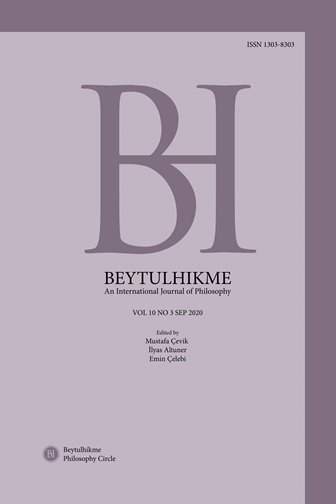Author :
Abstract
Dünya Sağlık Örgütü’nün verilerine göre önlenebilir bir sağlık sorunu olarak sigara kullanımı 21. yüzyılda 1 milyar kişinin hayatına mal olabilir. Devletler ve sosyal kurumlar sigara kullanımını azaltmak için çaba gösterirken bir taraftan da kısıtlama ve yasaklar aracılığıyla hem içenleri hem de içmeyenleri korumaya çalışmaktadır. Türkiye özelinde bakıldığında yıllık yüz bin kişi sigaradan kaynaklı bir hastalıkla hayatını kaybetmektedir. Halk sağlığının korunması için devlet kamusal alanlarda sigara içilmesini yasaklamaktan, sigara paketleri üzerindeki uyarıcı görsellere ve medyada zorunlu olarak yayınlatılan kamu spotlarına kadar birçok önlem almaktadır. Bu önlemlerden en çok tartışılanı özel otomobillerde sürücü ve yolcuya getirilen sigara içme yasağıdır. Tartışmanın hareket noktası da genellikle bireysel özgürlük alanının bireyin otonomluğu ve iradesi yok sayılarak daraltılmasıdır. Bu bağlamda, bu çalışma, “zarar ilkesi”, “hassas paternalizm” ve “katı paternalizm” pencerelerinden konuyu ele alarak mevzubahis yasağın etik ve felsefi gerekçelendirmesinin mümkün olup olmayacağını, mümkünse hangi rasyonel ve felsefi temele dayanacağını tartışmaktadır. Kısıtlamaların meta-amaç olarak en azı hedeflemesi gerektiği, özgürlüklerin de makul ve rasyonel bir temel edinebilmesi için “risk faktörü” değerlendirmesinden hareket etmesine yönelik mecburiyet ortaya konacaktır.
Keywords
Abstract
According to the data of the World Health Organization, smoking as a preventable health problem can cost the lives of 1 billion people in the 21st century. Not only do governments and social institutions strive to reduce smoking, but also they try to protect both smokers and non-smokers through restrictions and prohibitions. In Turkey, annually, one hundred thousand people die from a smoking-induced disease. To protect public health, the state takes many measures varying from prohibiting smoking in public places, to stimulating images on cigarette packs, and public spots that are published in the media. The most discussed among these measures is the smoking ban imposed on drivers and passengers in private cars. The starting point of the discussion is generally the narrowing of the individual freedom field by ignoring the autonomy and will of the individual. In this context, this study discusses whether it is possible to rationalize this restriction ethically and philosophically, by paying attention to the “harm principle”, “soft paternalism” and “hard paternalism”. It will be revealed that the bans must always intend to “have the least restriction” as a meta-aim, and freedoms must depend on the “risk factor” assessment to gain a reasonable and rational basis.





